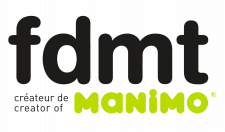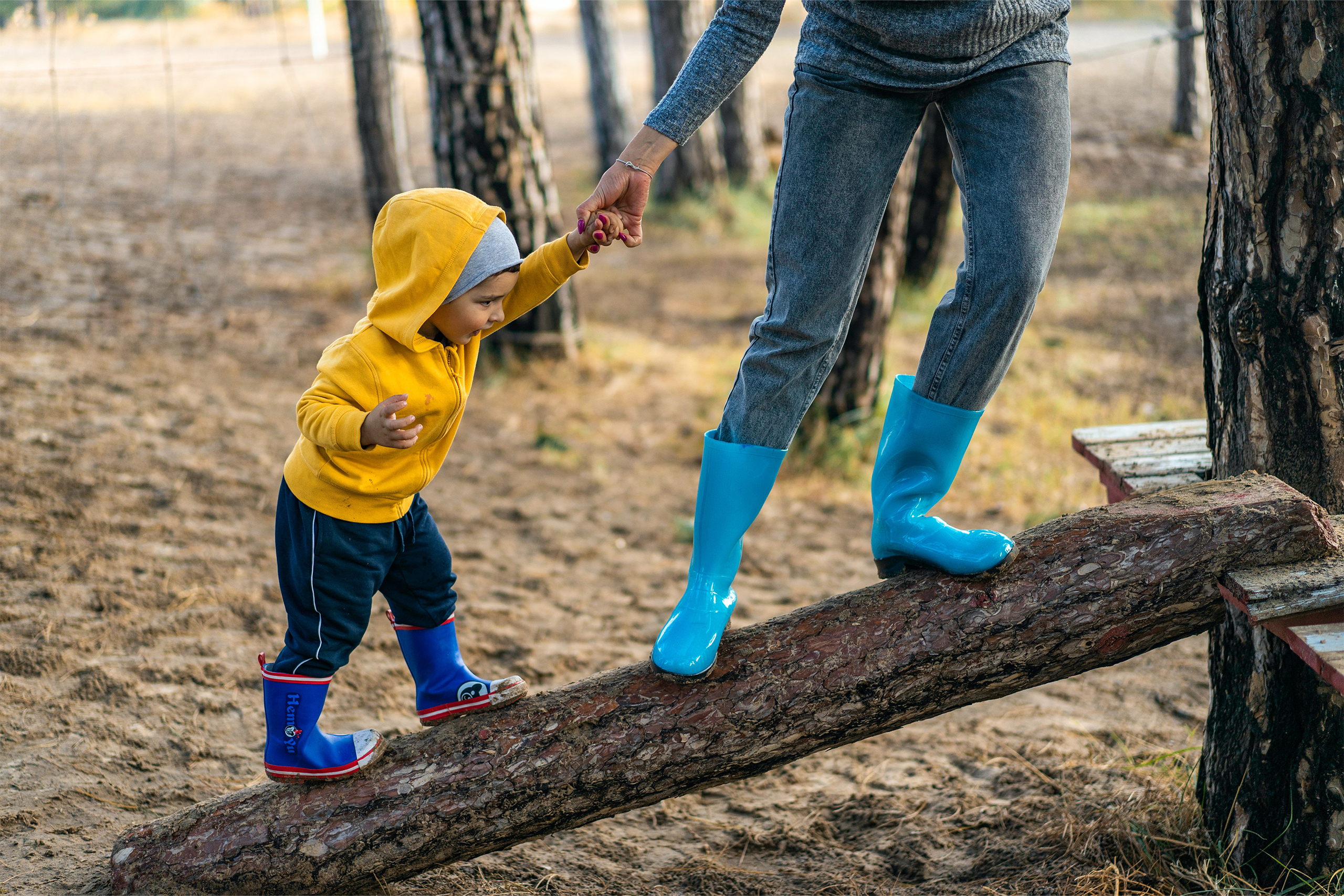Learning is often linked to a young person’s path and development until the end of a so-called linear journey towards young adulthood. So, the emergence of a young professionals category creates a mark on this timeline and plan proposed by a performance based society.This reference informs us that there is this course, without too many breaks, where the world of work is ready to welcome these graduates. Certainly, they’re full of their studied subject knowledge, but they’re also graduates of their success by not having procrastinated on their decision, which was made during a worried and absorbing adolescence.
In the same vein, studying something and then becoming something else is seen as a waste of time and a breach of that strongly suggested straight line. It shouldn’t be surprising if we ask ourselves from our first job, or almost from that point, if we’d like have something more. No – not only do we need to know, but also stay the course.
I think that by promoting, rewarding, and reinforcing this type of profitable journey, society is on the side of a large majority of human learners who have understood that education ends when school opens and closes its doors. Therefore, I believe that going back to school is a term that should be revisited if one concedes that curiosity has no end and that reflection has no walls.
It was when I was diagnosed at the age of 33 that I felt the weight of rebirth and
reconstruction. It’s unsettling to take your first steps as a neurodivergent person at an age when one must have not only learned to walk, but also to know how to run and even fly.
My journey, like that of many others, is chaotic and in the end, I never knew exactly what that I wanted to be; but I’ve always known what I didn’t want to be. Beyond this disillusioned expression of the school of life, there is something very broadening about doing something for the first time outside of the so-called school age. Learning as an adult also involves unlearning certain reflexes that took away from our ability to simply try.
You should know that adults who decide to do something for the first time inevitably see each other caught up in a process of self-judgment. We are no longer a blank page. This is our strength and our brakes at the same time – as if making a mistake were child’s play and succeeding is essentially adult. This is perhaps where the richness of being is lost in appearance and the fear of not being “good or fair” materializes in the stigma of adult education and beyond. Also, like needing help and asking for it. Needing validation and saying it. Making mistakes and laughing about it. Making a blunder and apologizing.
I first got to know myself as a neuroatypical person about two years ago. I get angry a lot, but doing something for the first time when our first times are so far behind yours, is the funniest game I know.

Gabriela Ovallé
Blogger


Leave A Comment